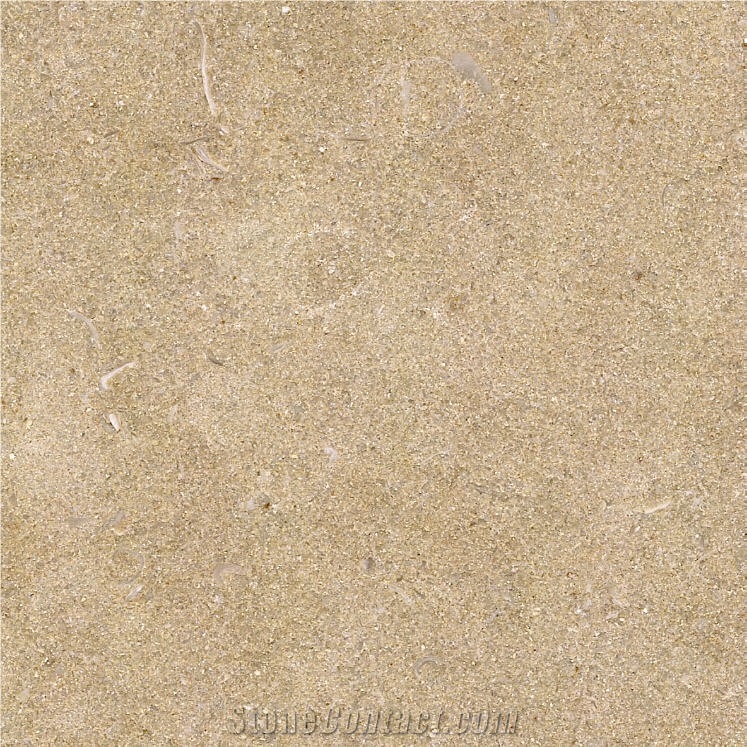Can Palestine's Golden Fossils Limestone be used exterior applications in cold climates?
Palestines Golden Fossils Limestone can generally be used for exterior applications in cold climates, but there are a few factors to consider.
1. Freeze-thaw resistance: Limestone is generally less resistant to freeze-thaw cycles compared to other stones like granite or quartzite. In cold climates with frequent freeze-thaw cycles, moisture can penetrate the stone, freeze, and cause expansion, leading to cracking or spalling. It is essential to ensure that the specific variety of Palestines Golden Fossils Limestone you intend to use has good freeze-thaw resistance.
2. Porosity and water absorption: Limestone is a porous stone, and its water absorption capacity can vary depending on its composition. Higher water absorption can increase the risk of freeze-thaw damage. It is advisable to select a variety with lower water absorption rates to minimize the risk.
3. Surface treatment and maintenance: Applying appropriate surface treatments like sealers can help to enhance the stones resistance to weathering and water penetration. Regular maintenance, including cleaning and resealing, can also contribute to the durability of the limestone in cold climates.
4. Design considerations: It is essential to design and install the limestone properly, allowing for adequate drainage of water and preventing moisture buildup in cold climates. Proper installation methods and detailing can help minimize potential damage.
Consulting with experts, such as stone suppliers or contractors experienced in working with Palestines Golden Fossils Limestone, can provide more specific guidance based on the local climate and conditions in the intended application area.
Palestines Golden Fossils Limestone can generally be used for exterior applications in cold climates, but there are a few factors to consider.
1. Freeze-thaw resistance: Limestone is generally less resistant to freeze-thaw cycles compared to other stones like granite or quartzite. In cold climates with frequent freeze-thaw cycles, moisture can penetrate the stone, freeze, and cause expansion, leading to cracking or spalling. It is essential to ensure that the specific variety of Palestines Golden Fossils Limestone you intend to use has good freeze-thaw resistance.
2. Porosity and water absorption: Limestone is a porous stone, and its water absorption capacity can vary depending on its composition. Higher water absorption can increase the risk of freeze-thaw damage. It is advisable to select a variety with lower water absorption rates to minimize the risk.
3. Surface treatment and maintenance: Applying appropriate surface treatments like sealers can help to enhance the stones resistance to weathering and water penetration. Regular maintenance, including cleaning and resealing, can also contribute to the durability of the limestone in cold climates.
4. Design considerations: It is essential to design and install the limestone properly, allowing for adequate drainage of water and preventing moisture buildup in cold climates. Proper installation methods and detailing can help minimize potential damage.
Consulting with experts, such as stone suppliers or contractors experienced in working with Palestines Golden Fossils Limestone, can provide more specific guidance based on the local climate and conditions in the intended application area.
 Palestine
(Hebron, West Bank)
Palestine
(Hebron, West Bank)
















